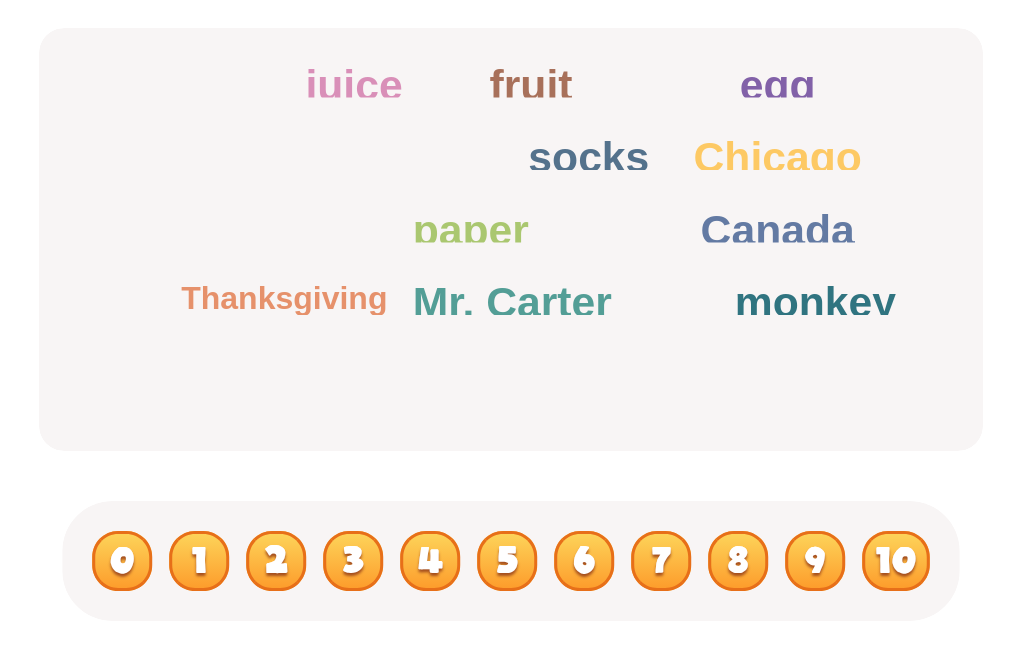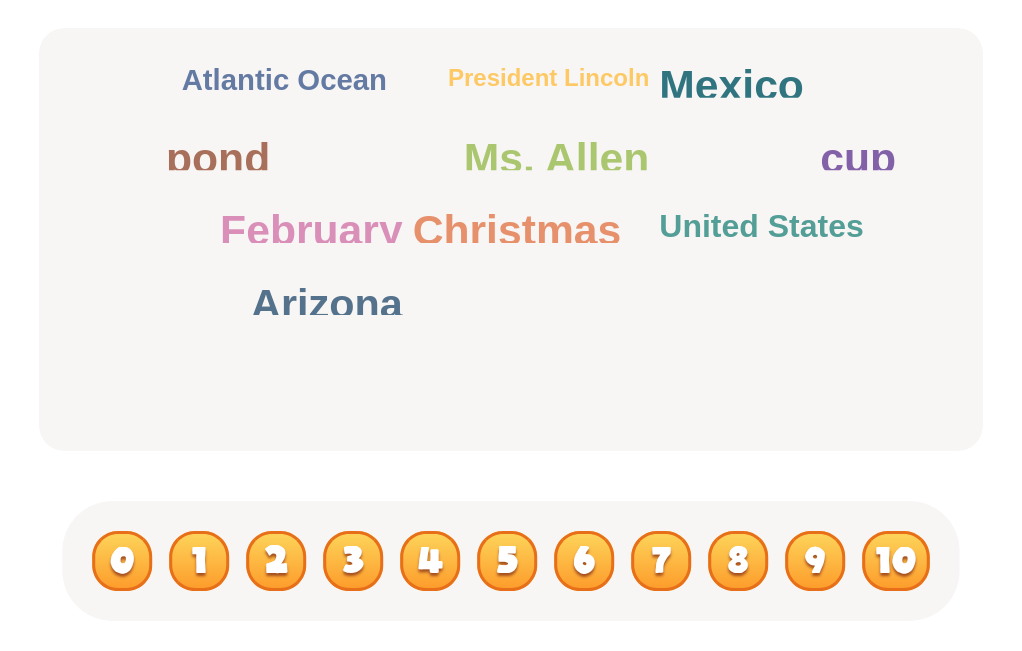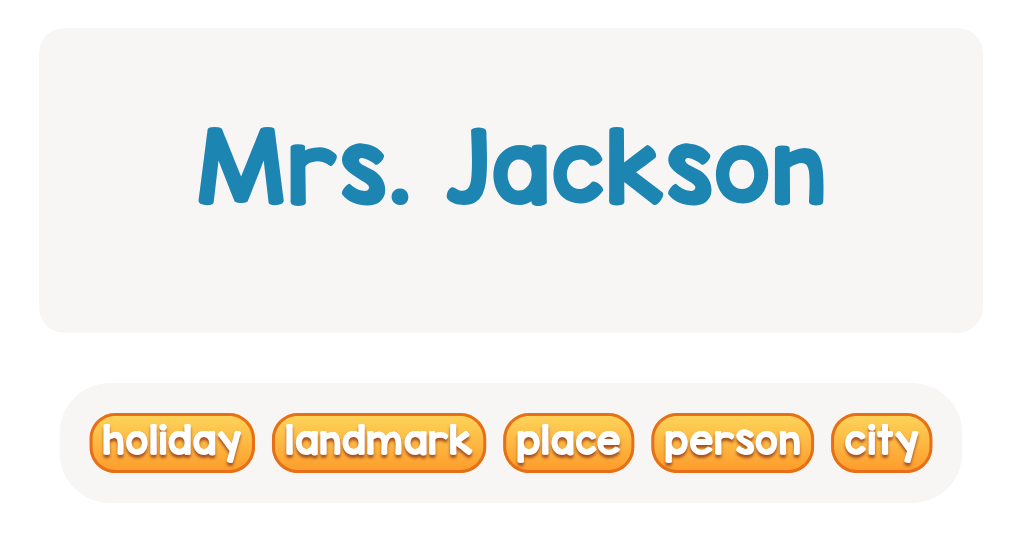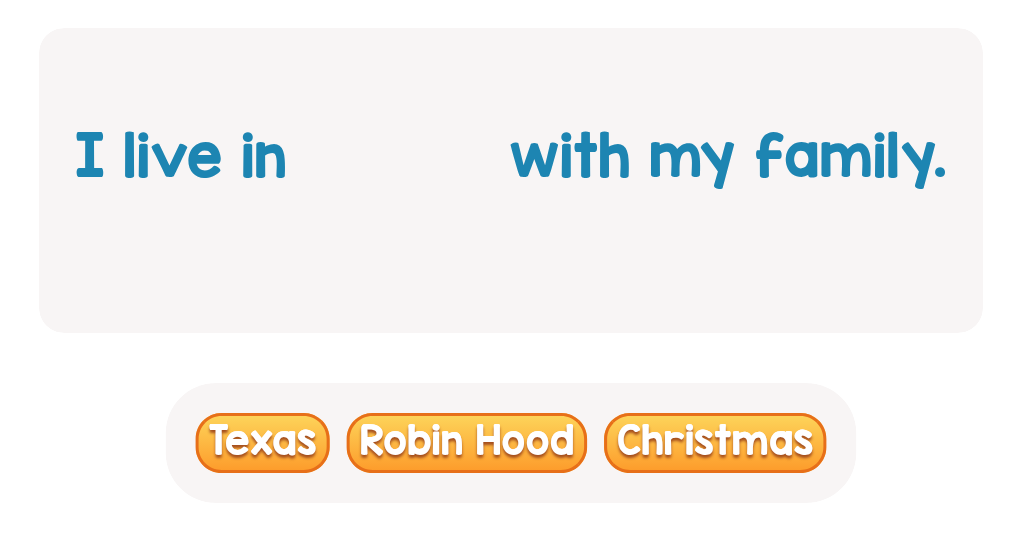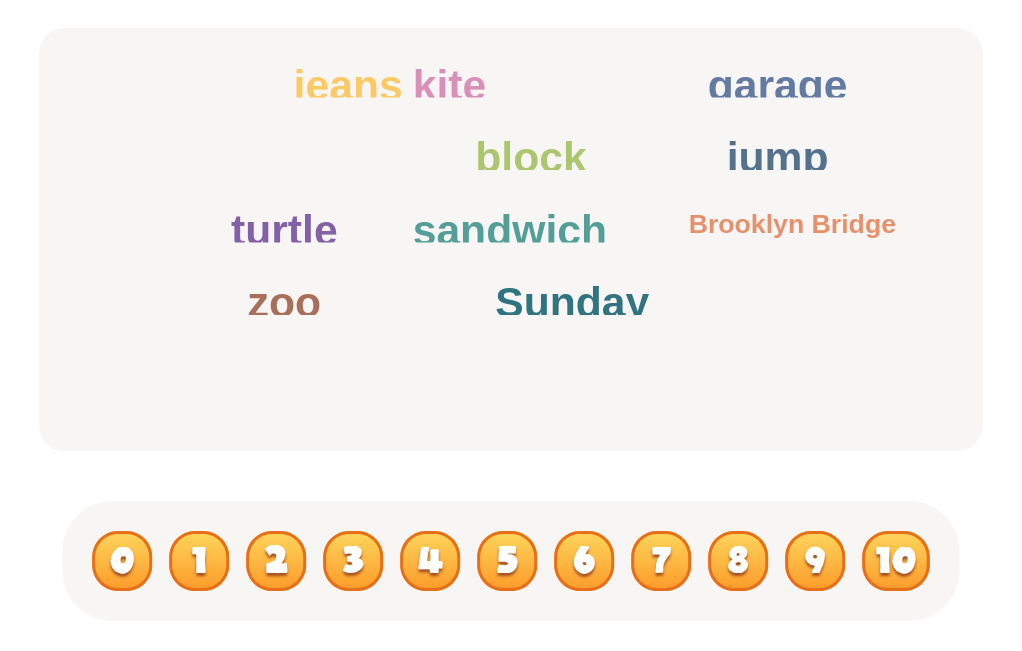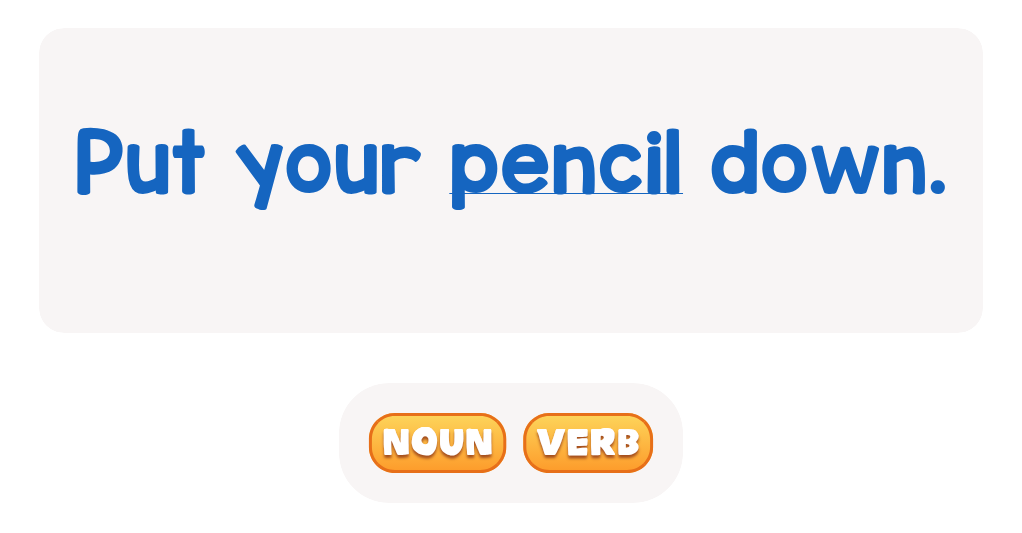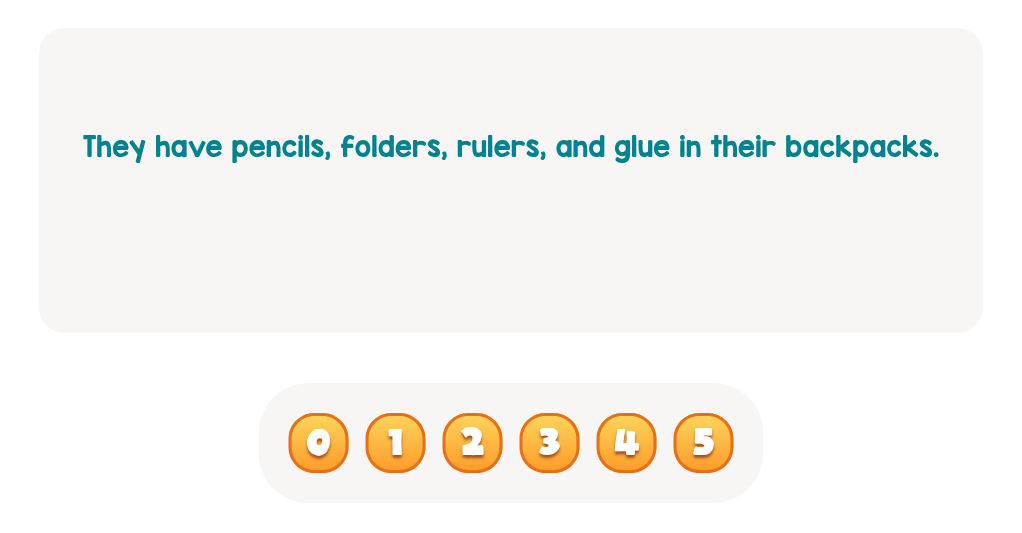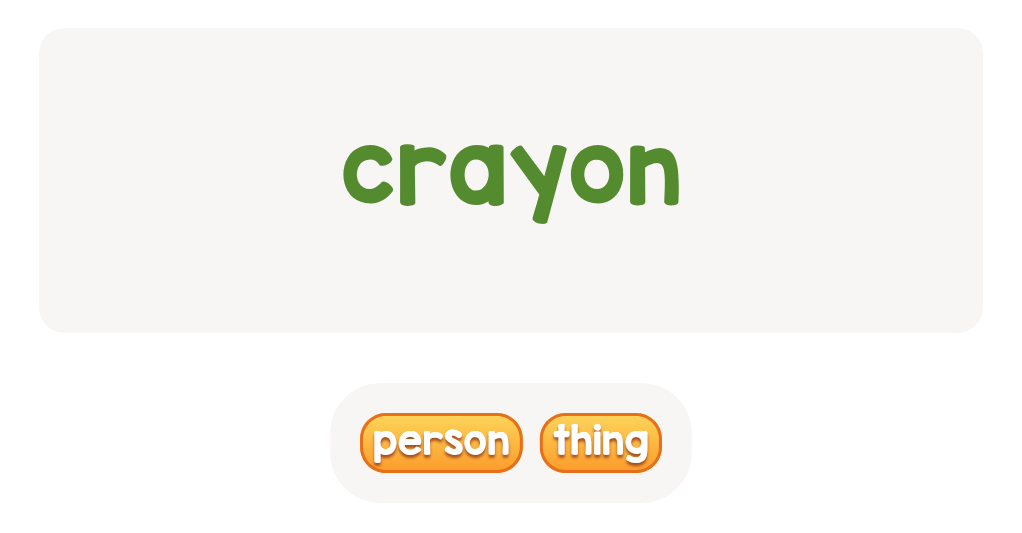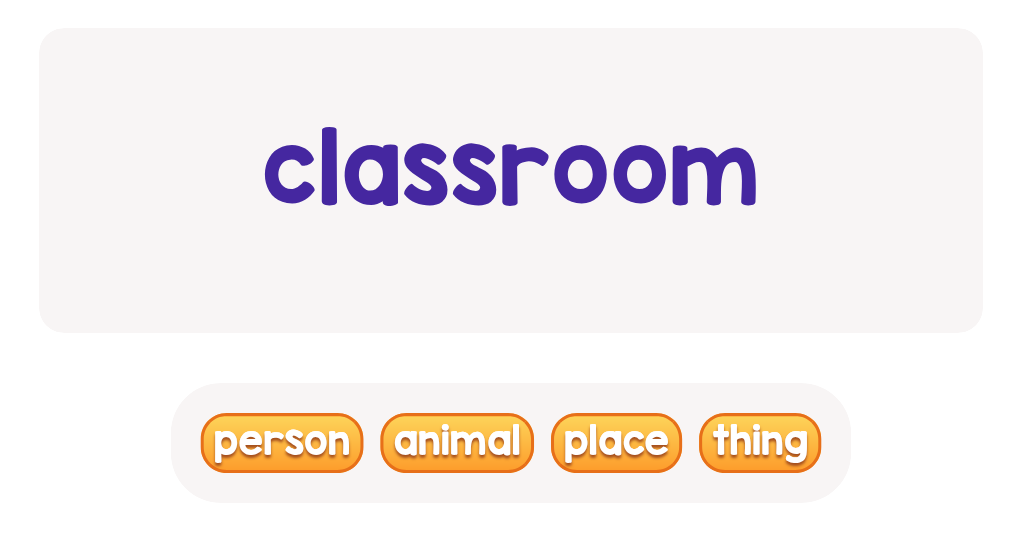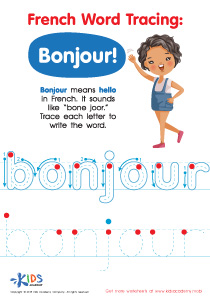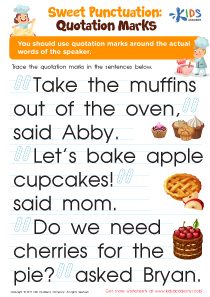Understanding plurals Extra Challenge Grammar Worksheets for Ages 6-7
5 filtered results
-
From - To
Enhance your 6-7-year-old's grammar skills with our "Understanding Plurals Extra Challenge Grammar Worksheets." Designed for young learners, these worksheets provide engaging and effective practice for mastering plural nouns. Each activity strategically combines fun elements with educational content to sharpen understanding of singular and plural forms. Perfect for classroom use or homeschool settings, the exercises focus on regular and irregular plurals, ensuring comprehensive coverage. With clear instructions and delightful illustrations, these worksheets facilitate interactive learning, boost confidence, and prepare your child for more advanced grammar concepts. Give your child a strong grammatical foundation with these exceptional resources.
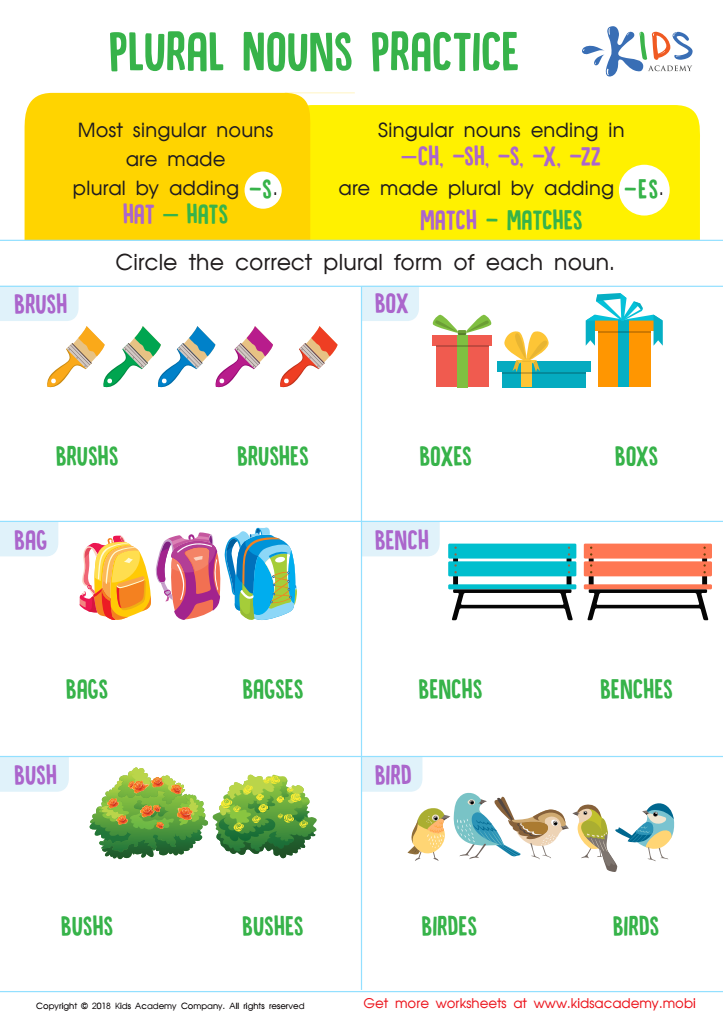

Plural Nouns Practice Worksheet
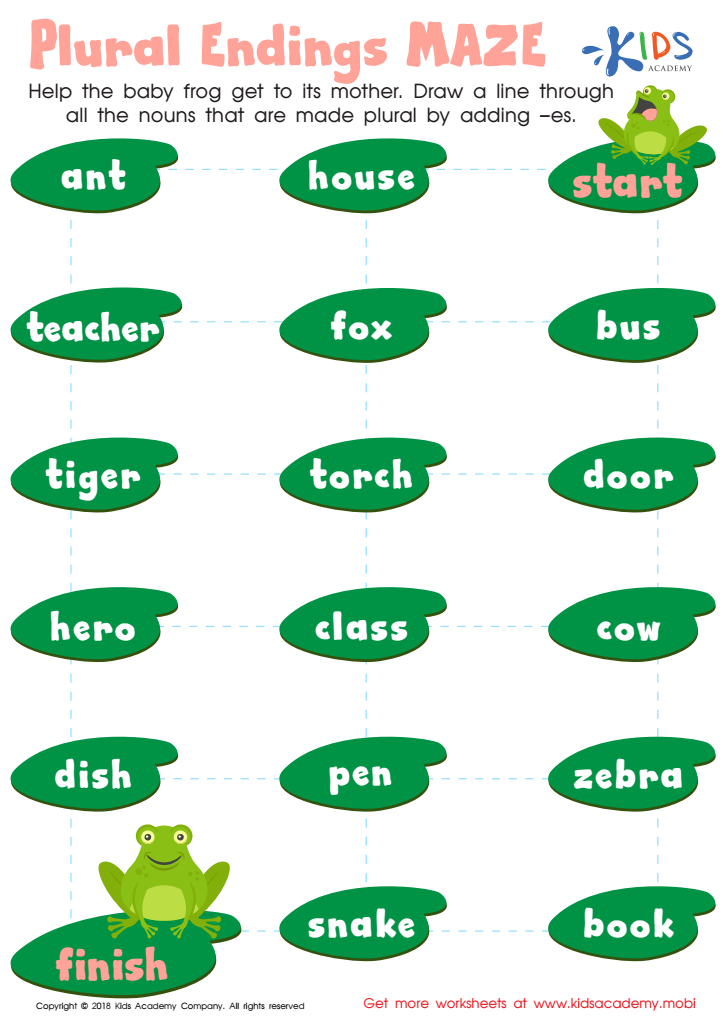

Plural Endings Maze Worksheet
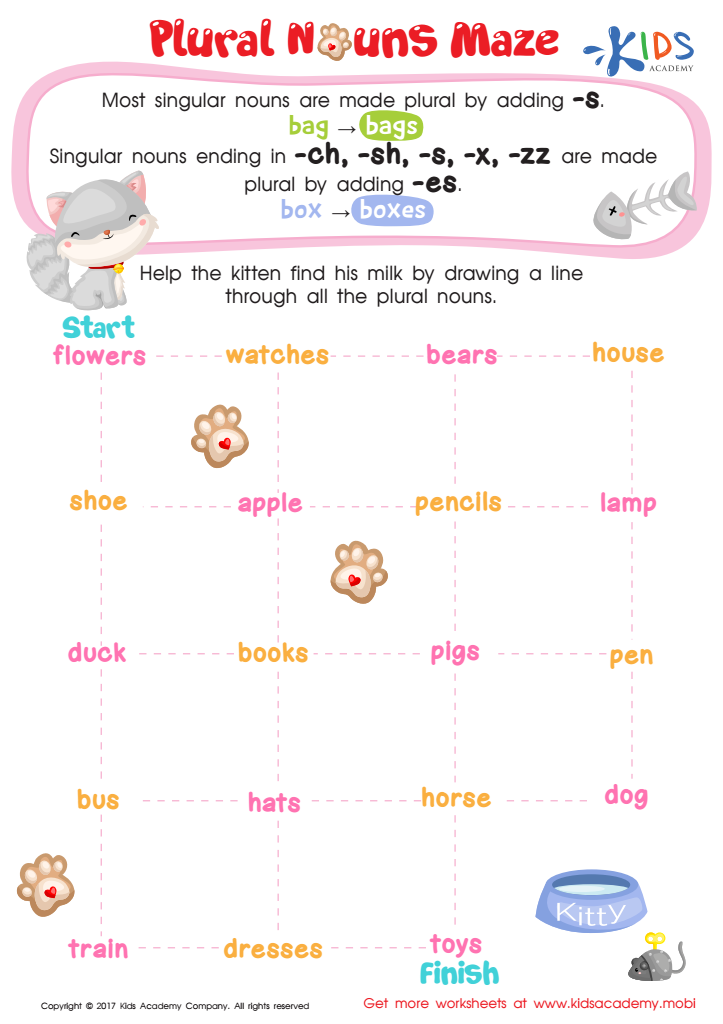

Plural Nouns Maze Worksheet
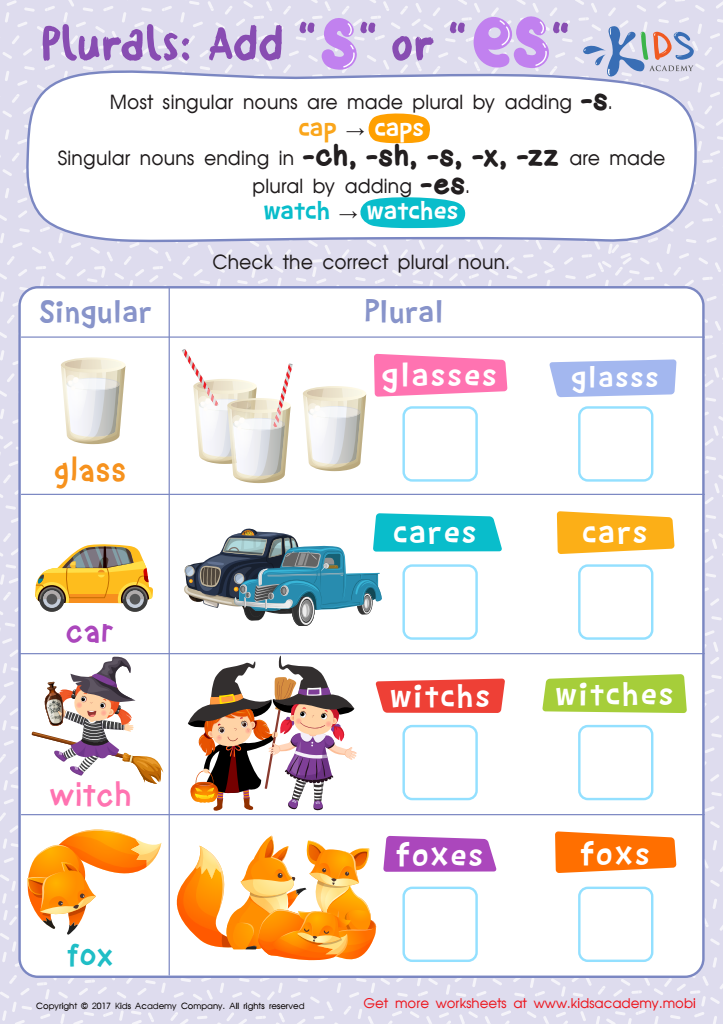

Plurals: "–es" or "–es"? Worksheet
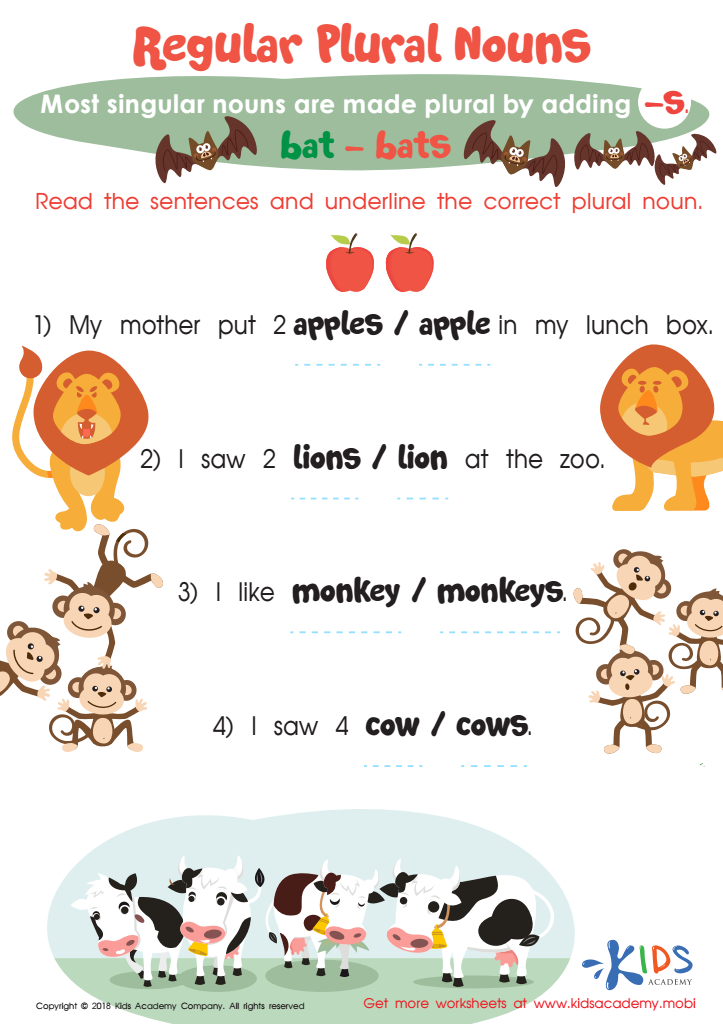

Regular Plural Nouns Worksheet
Understanding plurals is a vital component of early grammar education for children aged 6-7, as it lays the groundwork for their linguistic and cognitive development. Parents and teachers should prioritize this area of learning to ensure children grasp the concept fundamentally.
Firstly, mastering plurals enriches a child's vocabulary. Knowing how to form plurals, be it regular (adding 's' or 'es') or irregular (changing 'man' to 'men'), allows children to communicate more precisely and effectively. This expanded vocabulary aids in both spoken and written communication, fostering better reading comprehension and expressive writing.
Secondly, understanding plurals helps in comprehension and following instructions. It enables children to decode texts accurately, as they can recognize and interpret the meaning of words in their plural form, making reading less frustrating and more enjoyable. This fluency is critical for academic success across all subjects.
Finally, learning plurals involves pattern recognition and promotes logical thinking. By engaging in exercises that challenge them to find and apply rules for pluralization, children not only excel in grammar but also develop skills found in math and problem-solving scenarios. This dual benefit underscores the importance of making plurals an integral part of the curriculum at this crucial developmental stage.
Investing in a solid understanding of plurals now paves the way for broader academic and communication skills essential for lifelong learning and success.
 Assign to My Students
Assign to My Students
